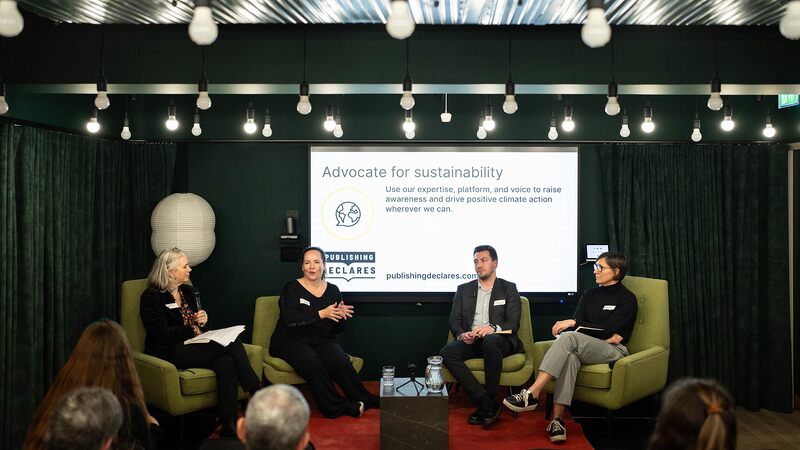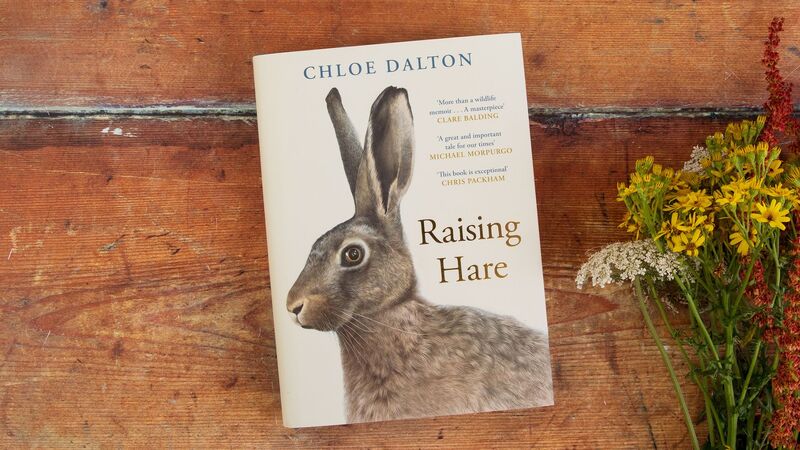You are viewing your 1 free article this month. Login to read more articles.
The war on culture
Once upon a time, in a land far, far away, when Britain was perhaps great, not through cultural contraction, but through cultural expansion, and in ways we can both celebrate and abhor in equal measure, the great philanthropists and parternalists of Victorian Britain went on the cultural rampage.
They warred upon illiteracy and cultural impoverishment in Britain, dedicating themselves to developing the great libraries and museums, great publishing houses, great orchestras, great theatres in almost every industrial centre of the country and, indeed, beyond. Just conjure with names like Joseph Brotherton, William Ewart, Charles Hallé, even Robert Walpole, whose 1843 Theatres Act, despite wanting to avoid the satirisation of his own Government, led to the dramatic expansion of regional theatre building.
By the time of the 1880s Education Act, when school attendance was finally made compulsory, the introduction of new printing technologies had seen an explosion of cheap books for the emerging literate, culturally-engaged working class. Printed books were cheap, as they universally are now. Britain was on the move, and the industrial working class were on the up. Perhaps this moment is the very invention of the modern middle class in Britain. Nothing could stop them; Britain was becoming richer, more diverse, more liberal, and anyone could make it. Of course, not everyone did. But whoever did, did in part through their access to cultural capital.
On Sunday (27th March), Sam Jordison reported in the Guardian on the closure of Lancaster’s great museums; 10 of them. In one city. This morning (29th March), the BBC reported on the loss of 343 public libraries and the axing of 8,000 jobs in UK libraries.
Our schools rarely teach music, school theatres and libraries are underfunded, many have closed. Local museums, theatre companies, arts centres, touring companies – in almost every region outside of London – can tell those long dark stories of contraction, closure or collapse.
And with the government’s first new white paper on culture for 50 years we can see a shining future where the very foundations of public culture (that smashed, ruined shell) shifts from the grimy burden of taxation to the bountiful abundance of crowd-sourcing – the most expedient argument for public disinvestment in culture in the history of these islands. And the direction of this new future of withered funding will be administered by a more heavily politicised and redirected Arts Council and Heritage Lottery Fund. God help them all.
Over the course of this government, a Tory government remember, whose ideology is built upon creating a culture of self-determination and self-reliance, with access to social mobility through equal access to culture and work – and where the government is recognised as playing a pivotal role in creating that society of fairness and equal opportunity if not, precisely, equal resource and equal share – this government, our government, is destroying not just regional culture, but access to any culture at all for working class Britain. We are less diverse, less equal, more deprived of cultural access than those born 150 years ago.
I’d argue we must stop looking at each aspect of this impoverishment in isolation, we must (as ministers are so fond of saying) join the dots, recognise that within the complex symbolic language of austerity, the very word austerity has become an obscuring force, a black hole for intellectual engagement. It is the defining idea of our time, concealing the obscene centralisation of money, culture and opportunity for London’s elites and committing every department in Whitehall to a total War on Culture.
Chris Hamilton-Emery is a director of Salt Publishing.




















